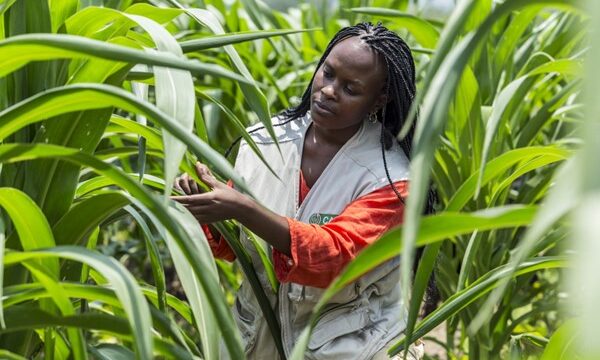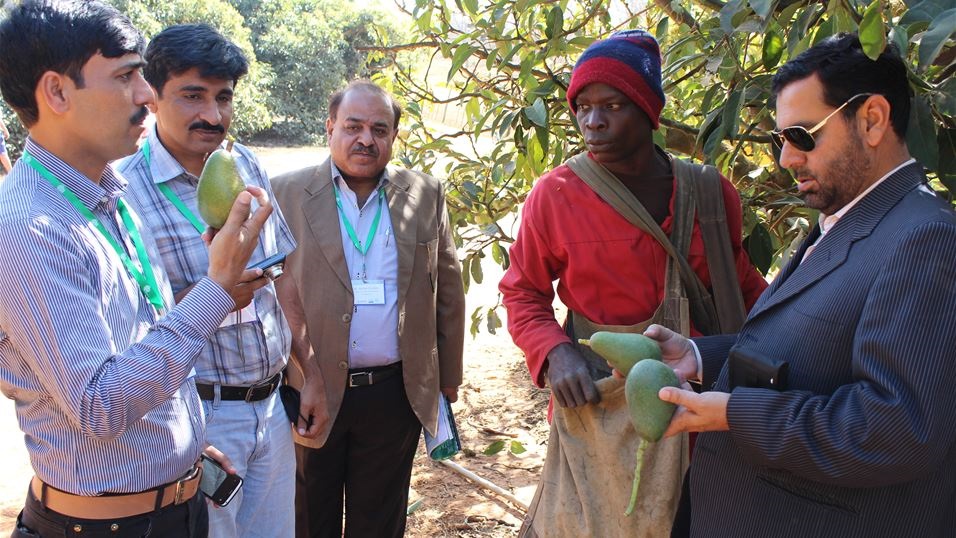
Today, 17 October 2019, is the International Day for the Eradication of Poverty. We’re taking a look at how science-based knowledge in three areas of international development – crop health, digital development and invasive species – has helped to lift people living in poor rural communities out of poverty and made a positive difference to economic development.
With devastating global challenges like climate change, hunger and poverty making daily news, it’s sometimes easy to feel that we’re not making progress. Yet, the application of science to solve some of the most serious problems around the world is changing people’s lives for the better.
Crop health: Increasing incomes in Pakistan
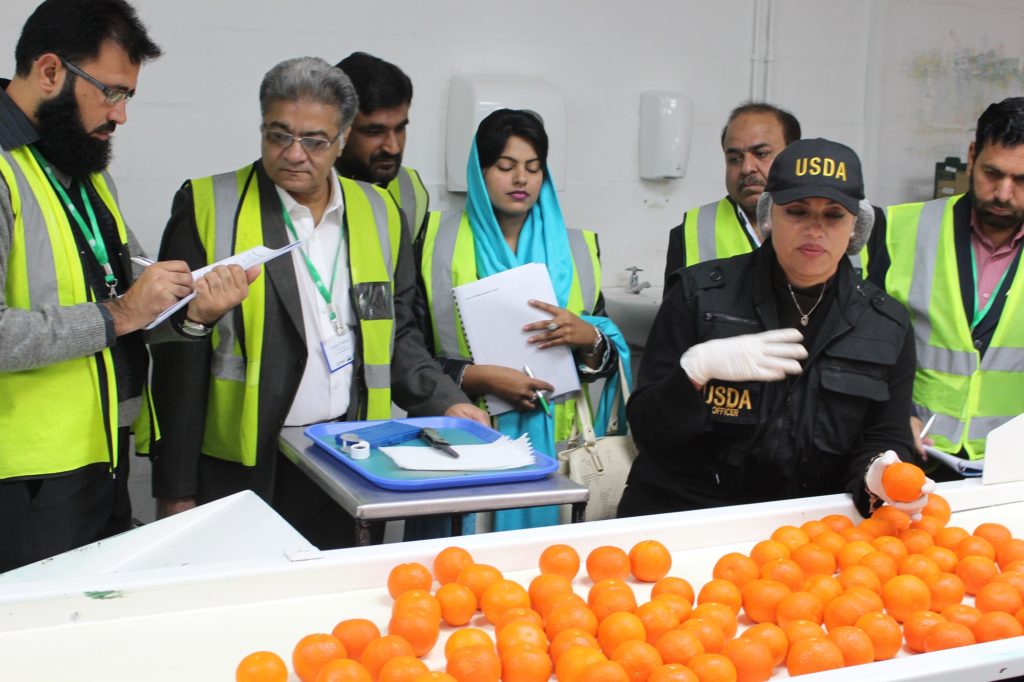
Maula Dad is a farmer living in Pakistan. For years, he’s been growing apples to sell, earning a decent income to support his family.
But not so long ago, he nearly abandoned farming altogether. The reason? An invasion of pests, in particular the codling moth (Cydia pomonella), which burrows into apples causing the fruit to drop prematurely. For apple farmers like Maula, it’s one of their most feared and destructive pests.
Maula found that chemical pesticides had a negative effect on the quality of his fruit. As a result, the market value of his produce declined sharply and Maula gave up farming. But he changed his mind after hearing about the Phytosanitary Risk Management Programme (PRMP), which promotes biological control to tackle pests in a safe way.
Within a year of adopting new methods learned from PRMP, Maula has been able to better control infestations of the codling moth and improve the quality of his apples. He now limits his use of pesticides to just one cycle per season.
Maula said, “My apples are now being sent to high-end markets throughout Pakistan. I am earning PKR 150,000 ($1,300) during the peak months of apple season.”
How is CABI applying science to improve crop health?
Digital development: Better fertilizer boosts profits
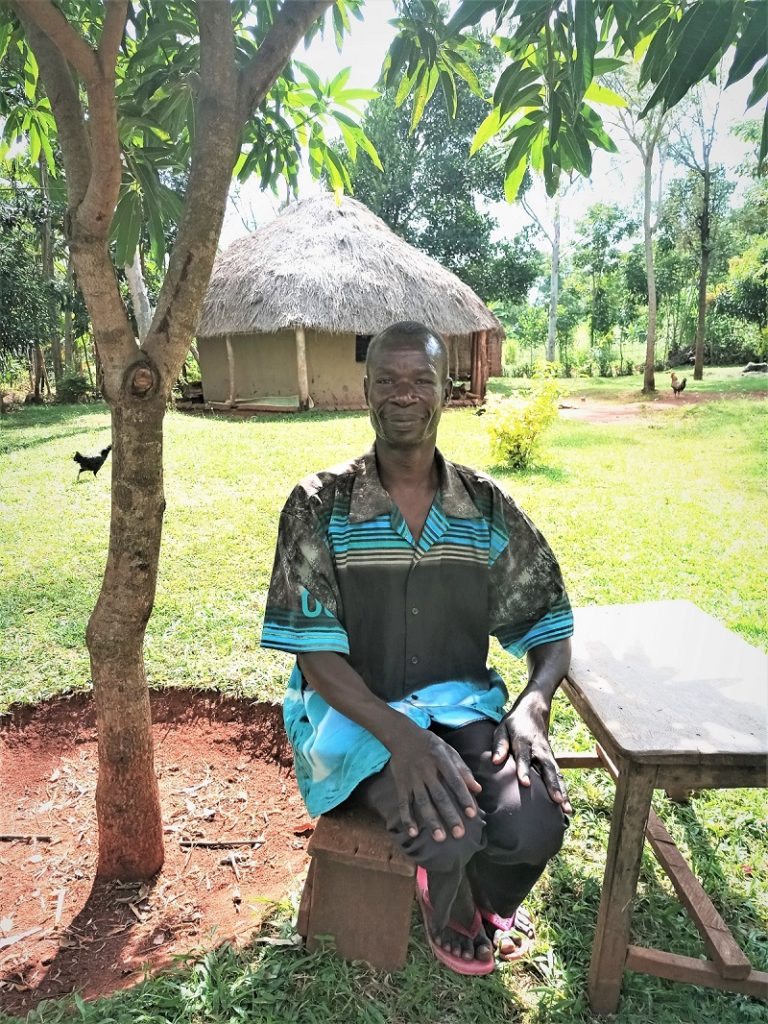
Before Charles Wafula, from Uganda, heard about the Fertilizer Optimization Tool (FOT) – a fertilizer data tool – he struggled to earn a living from his small plot. He tried planting soybean, sunflowers, cassava, groundnuts – none of them paid off.
But Charles’ fortunes changed when he used the tool that helps farmers identify the most profitable crop for them to grow based on a few key factors: the size of their land, the crop’s market price, its nutrient requirements and the amount of money the farmer must invest in fertilizer.
After consulting the FOT, Charles decided to spend 80,000 Ugandan shillings (approx. $22) on fertilizer. Not only was he able to harvest 7 bags of maize from an acre of land, compared with 1.5 bags previously, but thanks to a much higher soybean yield, Charles was able to invest in more fertilizer.
Charles said, “I was very excited to have achieved such an output. I decided to sell part of the soybean to buy fertilizer for this season. This time I planted four acres of maize and a quarter acre of groundnuts.”
The higher crop yields have allowed Charles to fulfil a long cherished dream of sending his son to college.
What is digital development and how is CABI applying technology to help smallholder farmers grow more and lose less?
Invasive species: Bumper tomato crop leads to brighter futures
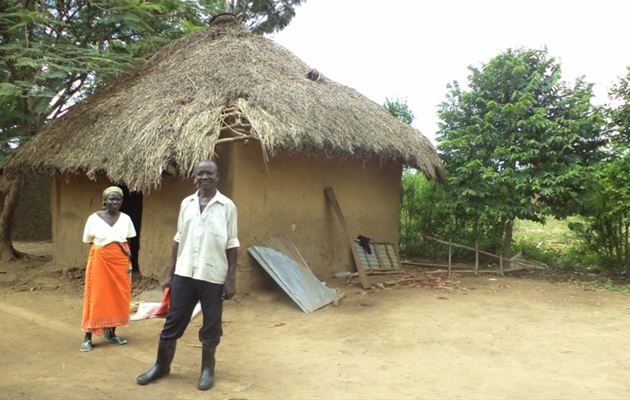
Geoffrey Omollo is a smallholder farmer from Kenya. He’s been growing kale and tomatoes on his farm for the last six years to make money to support his family and educate his children. Crop pests, and a lack of know-how about how to tackle them, mean he struggles to get good harvests.
Several years ago, an invasive tomato pest (Tuta absoluta) ravaged Africa, decimating crops. It reached Kenya and affected most tomato farms in Geoffrey’s area. His livelihood was under threat. At the time, smallholder tomato farmers were reporting crop losses of up to 90%.
But Geoffrey had heard about the Plantwise plant clinics and his life was about to change. He sought the advice of local plant doctors and, with the pest management recommendations they gave, not only saved his tomatoes but also, for the first time, harvested a bumper crop of 65 crates of tomatoes, selling them for KSh 325,000 (US$3,500).
With this income, Geoffrey built a new house and paid for his children’s education. Standing in front of his new house, he now preaches the benefits of plant clinics and believes good farming can change lives.
What are invasive species and how is CABI applying science to tackle them?
Related News & Blogs
Strengthening the potato value chain in the Kurdistan Region of Iraq
On 30th May, we marked the International Day of Potato. In this blog, CABI’s Crop Health Advisor Anna Wood provides an update on a five-year project led by CABI to strengthen the potato value chain in the Kurdistan Region of Iraq. An ambitious five-yea…
3 June 2025


